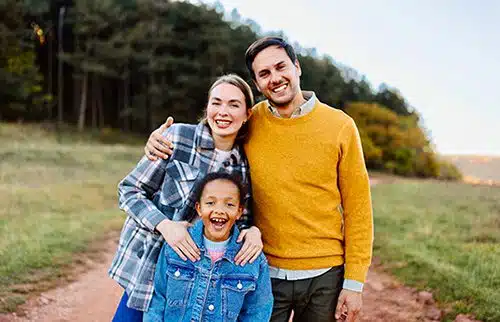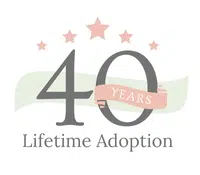History of Open Adoption

Closed Adoption Definition and Beginnings
Closed adoptions are adoptions in which the birth mother relinquishes all rights to her child. She takes no active role in selecting the birth parents. She does not have a future relationship with child, nor does she have any direct information about his or her placement. In some cases, the birth mother does not even get a chance to hold the baby once it is born.
Closed adoptions became the norm in the early 20th century. They were facilitated by government agencies that employed social workers to place children with parents. The files were kept secret and were even sometimes destroyed. Adoptive parents rarely knew anything about the birth mother. Children grew not knowing who their biological parents were or why they were placed for adoption.
Women who were pregnant and unable to care for the child, for any reason, were often deemed as unsavory and shameful. This stretched to the act of adoption. Children who were adopted would feel as though they were somehow to blame. Their lives would be haunted by the notion that there was something wrong with them because an unknown, unseen person did not want to raise them.
The Rise of Open Adoption
As adult adoptees grew, it became apparent that closed adoptions are unhealthy in most instances. These adults sought out their birth parents, hoping to find closure and answers to questions. They also spoke out against the practice of keeping information hidden. This is when the history of open adoption began.
Soon, studies were conducted on children who were now in these open adoptions. The findings were that they were much happier and well adjusted than the children of closed adoptions.
By the end of the 20th century, open adoptions became more commonplace. This was not without struggles. Stereotypes persisted, some that still exist today, that birth parents may change their minds if they have easy access to the children. Though there is no foundation in this argument, it is still a fear among those who may have thought about the process but have not yet done adequate research.
Get More Info Now
If you live outside of the United States, please click here.

Lifetime Adoption, Inc. is a Licensed Child Placing Agency in Arkansas. (License AR #00050809)
Copyright © | Lifetime Adoption





